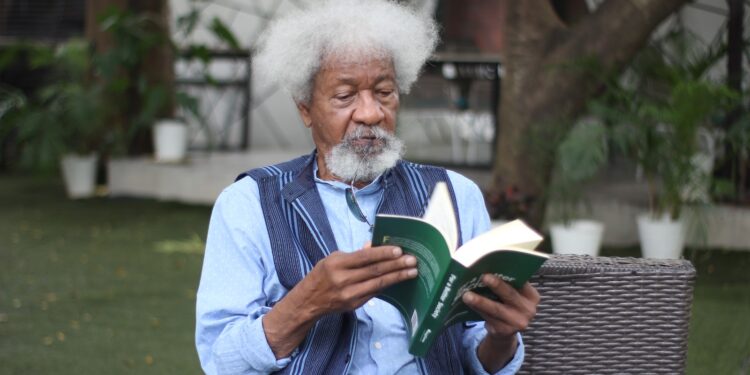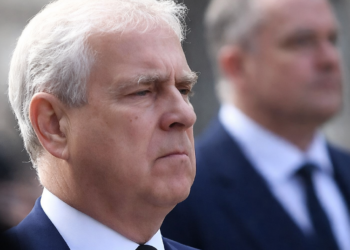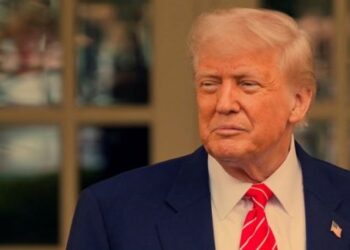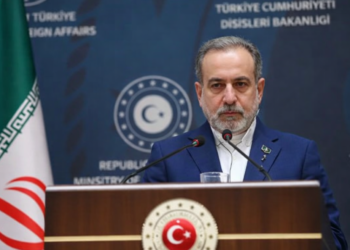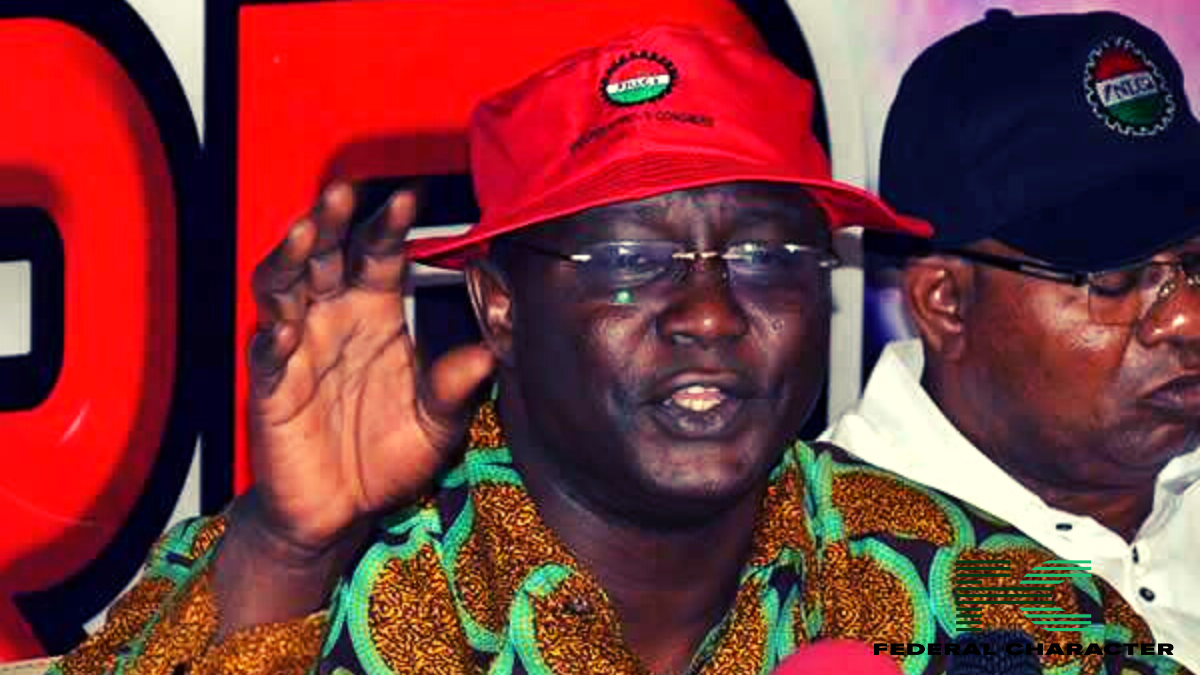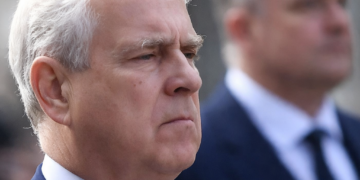The United States Embassy in Nigeria has broken its silence on the highly publicized case of Nobel laureate Wole Soyinka’s visa, issuing a statement that neither confirms nor denies the cancellation but firmly asserts its absolute authority to revoke visas “at any time.”
The clarification comes after the 91-year-old writer and activist revealed at a media briefing that he had received a letter from the U.S. Consulate in Lagos notifying him of his visa’s cancellation. Soyinka, a frequent and vocal critic of former U.S. President Donald Trump, described the situation as “curious” and stated he currently holds no U.S. visa.
When pressed for details, the Embassy’s Public Diplomacy Officer, Julia McKay, declined to comment on Soyinka’s specific case, citing strict U.S. privacy laws. However, she emphasized the foundational principle of U.S. immigration policy. “Visas are a privilege, not a right … visas may be revoked at any time, at the discretion of the U.S. government, whenever circumstances warrant,” McKay stated.

Soyinka, for his part, claimed he could identify no serious wrongdoing that might have triggered the action, joking that his only memorable “crime” was once being fined for carrying undeclared peppers into the country. The Consulate’s letter reportedly referenced “new information” that had come to light after the visa was issued.
The development has ignited a firestorm of debate in Nigeria, where many citizens have already expressed concerns about stricter U.S. travel scrutiny and increased visa refusals, giving the case a significant political dimension.
Why It Matters
The U.S. Embassy’s statement is a lesson on bureaucratic stonewalling. By hiding behind privacy laws while simultaneously asserting its power to revoke visas without cause, the Embassy has created an information vacuum filled with speculation and political interpretation. This approach does more to confirm public suspicion than to quell it.
For many, the timing and target—a celebrated intellectual and critic of a former U.S. administration—feel politically charged, regardless of the official justification. The incident ultimately serves as a stark reminder that for all its talk of democratic values, the U.S. immigration apparatus retains and wields immense, unaccountable power, capable of silencing or inconveniencing even its most distinguished critics with a simple, unexplained letter.

